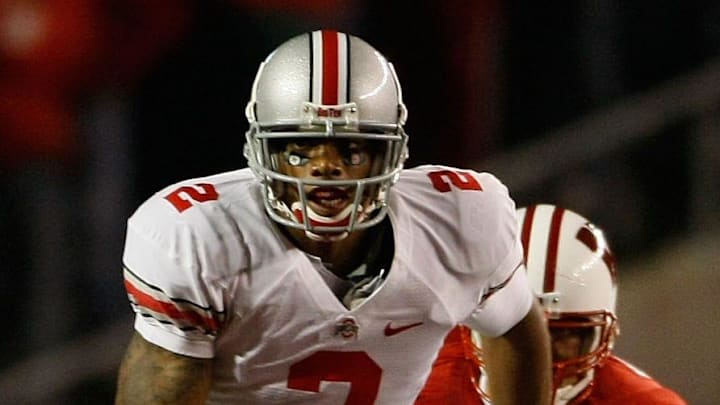New Developments in NIL Lawsuit Against Ohio State, NCAA and Big Ten Emerge

Former Ohio State quarterback Terrelle Pryor filed a class-action lawsuit against Ohio State University, the NCAA, the Big Ten Conference, and Learfield Communications back in October 2024.
Since the initial action, new developments have surfaced from the defendant's side of the case.
Pryor began seeking compensation after accusing the aforementioned entities of violating the Sherman Antitrust Act. Pryor alleged that the use of his name, image, and likeness (NIL) was used to monopolize profits.
He alleges that they are still profiting from use of his NIL.
On Friday, a "trio of dismissal bids" were filed by the defendants, arguing that Pryor's legal case was riddled with flaws.
Learfield Communications, the media firm involved in the case, has argued that their entity, along with that of Ohio State, should have immunity against such lawsuits. The Big Ten and NCAA filed their dismissal bids on the platform that Pryor waited too long, and his claims should no longer be eligible for the court's attention.
Pryor has been out of the college football scene for 14 years, according to the dismissal bids.
The NCAA and Big Ten are using this fact to argue the validity of his lawsuit should be questioned, as his involvement in the program has more than surpassed the statute of limitations.
The Clayton Act has a four-year statute of limitations for federal antitrust claims.
Pryor is not the first athlete to raise questions against the NCAA and other sports groups in collegiate sports, but he has designated himself as something of a spokesperson. He cited a past experience when he and a group of his teammates were suspended for trading their autographs for tattoos.
Examples like that are circling the NCAA, and past athletes are pressing to gain any ounce of compensation they can.
Having to deal with a separate lawsuit, Ohio State had to come up with their own defense against Pryor's allegations.
Ohio State cited the Eleventh Amendment in their defense, stating that the sovereign immunity afforded to the states would protect the Buckeye institution because Pryor is not an Ohio resident.
Learfield Communications went along with Ohio State's citation of the Eleventh Amendment, adding their contract with the state school provided them the same protections under the sovereign immunity point.
The case is known as Pryor v. NCAA et al., and therefore, Pryor will have to face each entity's defense in order to emerge victorious.
